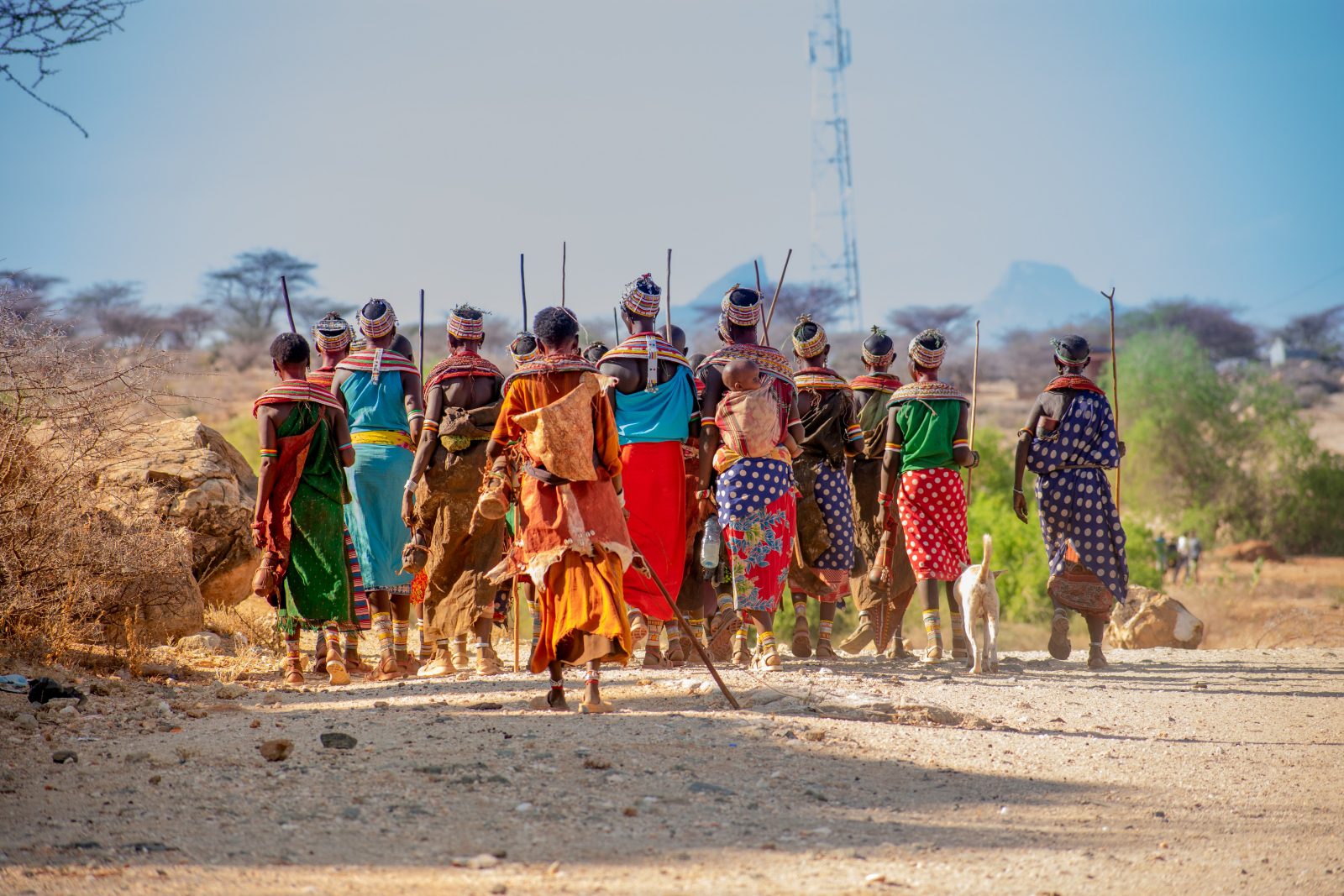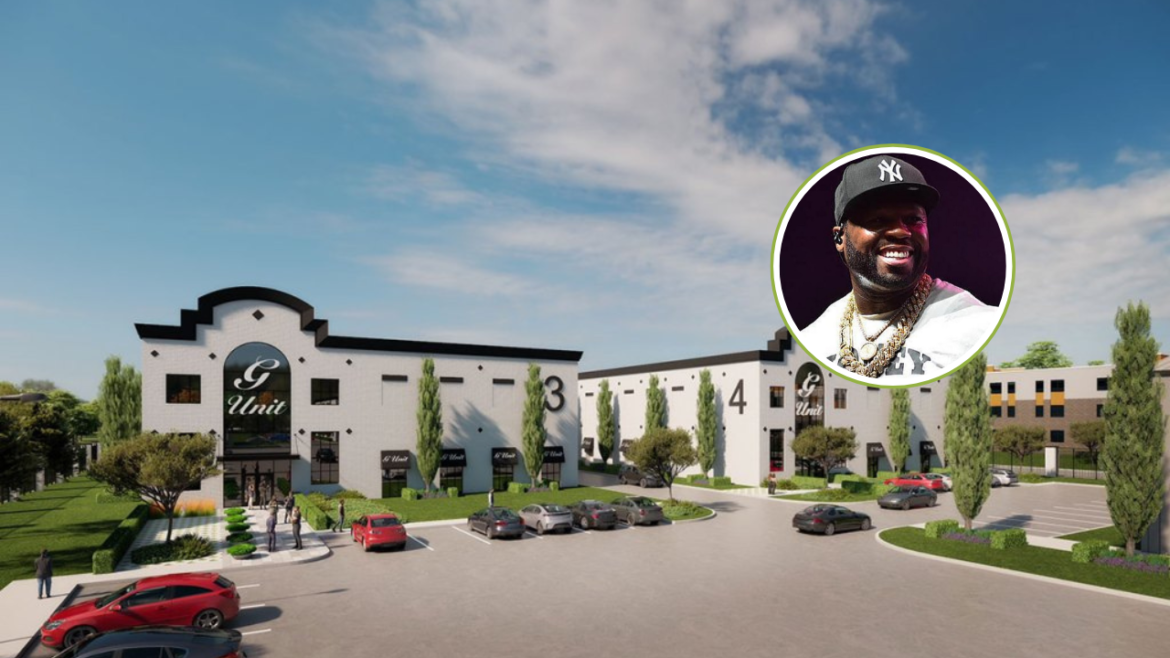Harnessing Cultural Heritage as a Catalyst for Economic Growth
 Cultural heritage stands as a testament to the rich tapestry of human history, offering a window into the stories, traditions, and identities that shape our societies. Beyond its intrinsic value, cultural heritage has emerged as a dynamic force propelling economic growth, fostering community pride, and nurturing identity. There is economic potential inherent in preserving and promoting diverse Black cultural heritages from around the world. By shedding light on its capacity to drive development, celebrate diversity, and create enduring prosperity, the Global Black Impact Summit (GBIS) – which is organized by Energy Capital & Power – uncovers the hidden gems that contribute to a thriving global cultural landscape.
Cultural heritage stands as a testament to the rich tapestry of human history, offering a window into the stories, traditions, and identities that shape our societies. Beyond its intrinsic value, cultural heritage has emerged as a dynamic force propelling economic growth, fostering community pride, and nurturing identity. There is economic potential inherent in preserving and promoting diverse Black cultural heritages from around the world. By shedding light on its capacity to drive development, celebrate diversity, and create enduring prosperity, the Global Black Impact Summit (GBIS) – which is organized by Energy Capital & Power – uncovers the hidden gems that contribute to a thriving global cultural landscape.
Promoting Opportunity through Cultural Tourism
Cultural tourism has become a cornerstone of economic development, drawing visitors from far and wide to explore the living narratives of the past. Black heritage sites, festivals and traditions globally have played a pivotal role in this realm, not only serving to create economic avenues and uplifting livelihoods but also celebrating and promoting the very attributes that make up a cultural group.
Globally, cultural tourism has paved the way for a first-hand insight into narratives, traditions and heritage, with the industry itself centred on understanding and appreciation. Various cultural landmarks have been dubbed heritage sites worldwide in efforts to preserve culture and promote tourism. These include the Great Zimbabwe ruins; the ancient fortress-city of Fasil Ghebbi in Ethiopia; Secrets of Soho Black History Walk in the UK; Stone Town in Zanzibar; the neighbourhood of Tremé in New Orleans (dedicated to promoting Black influence on New Orleans culture) and many more.
In addition to heritage sites which create economic opportunity through tourism, cultural events serve to promote culture while advancing developments. Events like Caribana in Toronto and Carnival in Trinidad and Tobago also draw international audiences, infusing local economies with tourism revenue and showcasing the vibrancy of Black cultures. Meanwhile, platforms such as the GBIS 2023 play a pivotal role in strengthening the global cultural tourism industry, promoting culture and diversity while celebrating #BlackExcellence worldwide.
Celebrating Culture through Creative Industries
Black artists, musicians, writers, and filmmakers from various corners of the world have contributed significantly to the creative industries. The Afrobeat rhythms of Fela Kuti from Nigeria have influenced global music, while the works of Chinua Achebe and Chimamanda Ngozi Adichie have left an indelible mark on literature. From the jazzy notes of Louis Armstrong to the compelling prose of Toni Morrison, Black creatives have left an indelible mark on art, literature, and music while promoting culture and influence through the arts.
This influence reverberates through time as contemporary artists like Ava DuVernay and Kendrick Lamar continue to shape and redefine industries while generating substantial economic returns. The global success of Black-authored literature, Afrofuturist art, and hip-hop culture attests to the economic dynamism of creativity rooted in cultural heritage. GBIS aims to celebrate these industries by promoting #BlackExcellence in the creative industries.
Uniting Community through Culture
Black cultural heritage worldwide has proven to be a wellspring of community unity, spawning initiatives that uplift individuals and neighbourhoods. In Haiti, artisans preserve the rich Vodou tradition by creating intricate artwork and crafts that not only preserve heritage but also generate income. Initiatives like the ‘Afro-Latino Festival’ in Colombia celebrate the Afro-descendant culture and foster economic growth through cultural exchange and tourism. Similarly, ‘Soulful Spaces’ breathe life into neglected urban areas by reviving them as cultural hubs, attracting visitors, and boosting the local economy. These endeavours demonstrate how cultural heritage can serve as a driving force behind social cohesion, economic resilience, and self-determination.
The economic prowess of diverse Black cultural heritage is a testament to its enduring significance. From the captivating landscapes of cultural tourism to the resonating echoes of the creative industries, every facet of these cultures contributes to a thriving economic ecosystem. By embracing and celebrating multifaceted heritages, communities pave the way for economic growth, revitalization, and shared prosperity. In a rapidly evolving world, the preservation and promotion of diverse Black cultural heritage stand as a bridge between the past and a future marked by inclusive economic growth.







